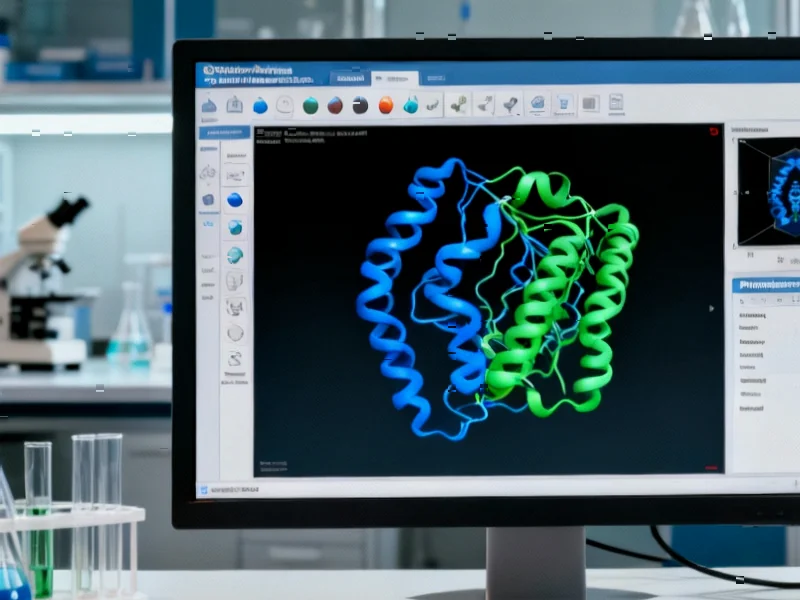Scientists have pioneered a computational method for designing structured peptides that successfully generated antimicrobial candidates effective against dangerous pathogens. The approach yielded several peptides demonstrating significant bacterial load reduction in animal models while showing minimal cytotoxicity.
Breakthrough in Computational Peptide Design
Researchers have developed a novel “key-cutting machine” (KCM) approach to engineer structured peptides with enhanced antimicrobial properties, according to a recent report published in Nature Machine Intelligence. The methodology reportedly combines evolutionary algorithms with structural prediction to navigate the complex landscape of protein design, sources indicate.

